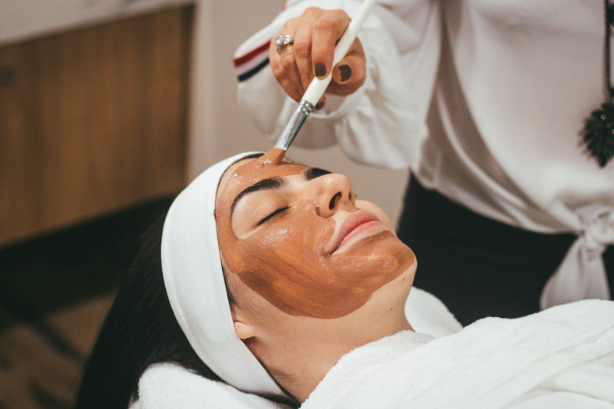Adolescence is a time of life when healthy relationship patterns can be established that have an impact on the expectations and choices of partners in the future. Learning relationship skills during your teen years provides a foundation for building meaningful relationships later in life. Here is more information about seeking relationship support for teens:
Navigating First Crushes
A first crush can start with attraction and curiosity. There are different types of crushes, and the connections may vary from admiration-based to deep emotional connections over shared interests. Typically, teens are learning to differentiate between passing infatuation and real romantic interest through self-discovery. Having relationship support for teens can make it easier for individuals to deal with these experiences with confidence and emotional awareness.
Managing Unrequited Feelings
There are varying intensities of unrequited feelings, ranging from mild disappointment to deep emotional confusion. Honest self-reflection and redirecting the emotional energy to other pursuits are some healthy response patterns. Personal growth opportunities appear as young people learn to love without expecting reciprocation. Constructive approaches to managing unrequited feelings include practicing self-compassion and maintaining respectful boundaries with the person they admire.
Resisting Peer Pressure
Peer pressure comes in different forms: direct suggestions, subtle social cues, or implied expectations. Resisting the influence to start a relationship too soon may be one form of peer pressure that teenagers endure. Most teens find ways of building strategic responses, like having prepared phrases or having supportive friends nearby. They can also learn to set boundaries without creating unnecessary conflict or tension. Teenagers can rely on various support systems, including trusted adults, school counselors, and online resources.
Resolving Relationship Conflicts
Conflicts vary from minor misunderstandings to more serious value-based disagreements or expectations. The first step of a healthy resolution is allowing both sides to be heard. Conflict resolution has key functions of strengthening communication skills and deepening mutual understanding. Some teens find it helpful to learn particular conversation frameworks that encourage respectful and productive dialogue. One type of dialogue includes active listening and avoiding placing blame on the other person.
Healing After Breakups
Breakups have different emotional responses that require varying healing approaches and recovery timelines. The normal process usually follows stages of shock, grief, reflection, and acceptance. Post-break-up healing involves key functions such as emotional processing and reclaiming your identity outside the relationship. Structured activities that offer distraction and meaningful engagement are often helpful to many teens. Friends, family, and, in some cases, counselors provide different types of comfort and support. They also provide opportunities for reflection and growth in future relationships.
Get Relationship Support for Teens
Each relationship challenge is another opportunity for personal growth and the development of emotional intelligence. When teenagers encounter issues in their relationships, they should rely on reputable sources for help. Whether they are experiencing problems with breakups, abuse, communication, or intimacy, the right support systems will allow them to gain understanding and get the help they need. Find a reliable online website today to learn more about the ways to support teens in their relationships.





